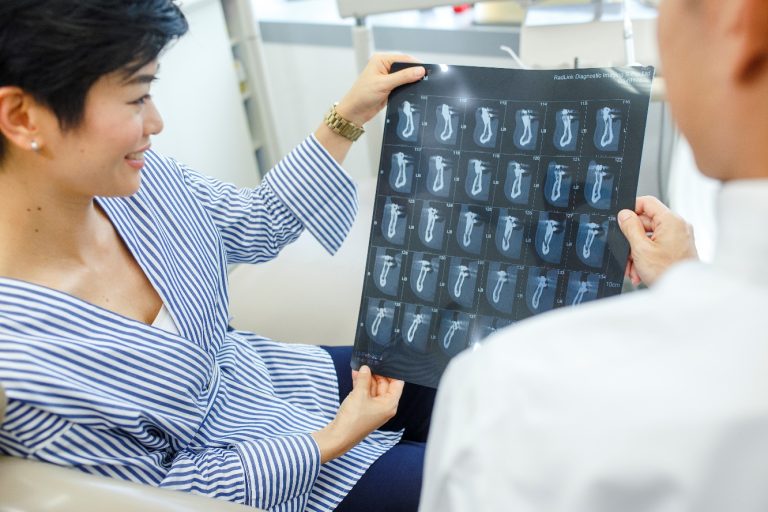Sinus Lifts and Bone Grafting

What is it?
Bone grafting procedures are minor surgeries that involve addition of bone material to regions of the jaw bone so as to prepare the site for implant placement. A sinus lift procedure is categorised under bone grafting, and it is specific to the maxillary sinuses.
These procedures are very common and can be done together with implant placement or as a separate procedure before placement of implant – the decision will depend on the volume of the jawbone before the start of treatment.
The bone material can be from an animal, donor tissue, or from elsewhere on your own body. They are safe to use and are treated to prevent any contamination of the wound site.
When do you need it?
You require a bone grafting procedure when
- You have lost your teeth for a long time. The bone will begin to shrink if the teeth are missing and there may not be enough to place the implant.
- Bone may have been lost due to gum disease or prolonged tooth infection.
- The maxillary sinus may be too close to the upper jaw for implants to be placed. The sinus can also enlarge as you age.
How do we carry out the procedure?
Bone grafting procedures can be done under local anaesthesia or under sedation.
They involve placing some bone material under the gum and protected with a barrier membrane.
In the case of a sinus lift, an additional bone window is made in the mouth to access the maxillary sinus. To make room for the bone, the sinus membrane must be lifted, and bone packed underneath it.
Stitches will be placed to secure the graft and reposition the gum. The area is then left to heal for about 3 to 6 months.
After care
There may be some swelling and bleeding from the mouth or nose. These symptoms will usually subside over the course of 1-2 weeks.
In the meantime, please perform gentle brushing over the area and be on a soft food diet.
It is important to not blow your nose or sneeze forcefully for these two weeks as these actions might loosen the stitches or shift the position of the bone graft.
Also avoid strenuous exercises during the healing period.
It is advisable to reach out to us if you experience the following
- Worsening swelling or pain.
- Persistent or worsening bleeding.
- Allergic reaction to the medication prescribed.
